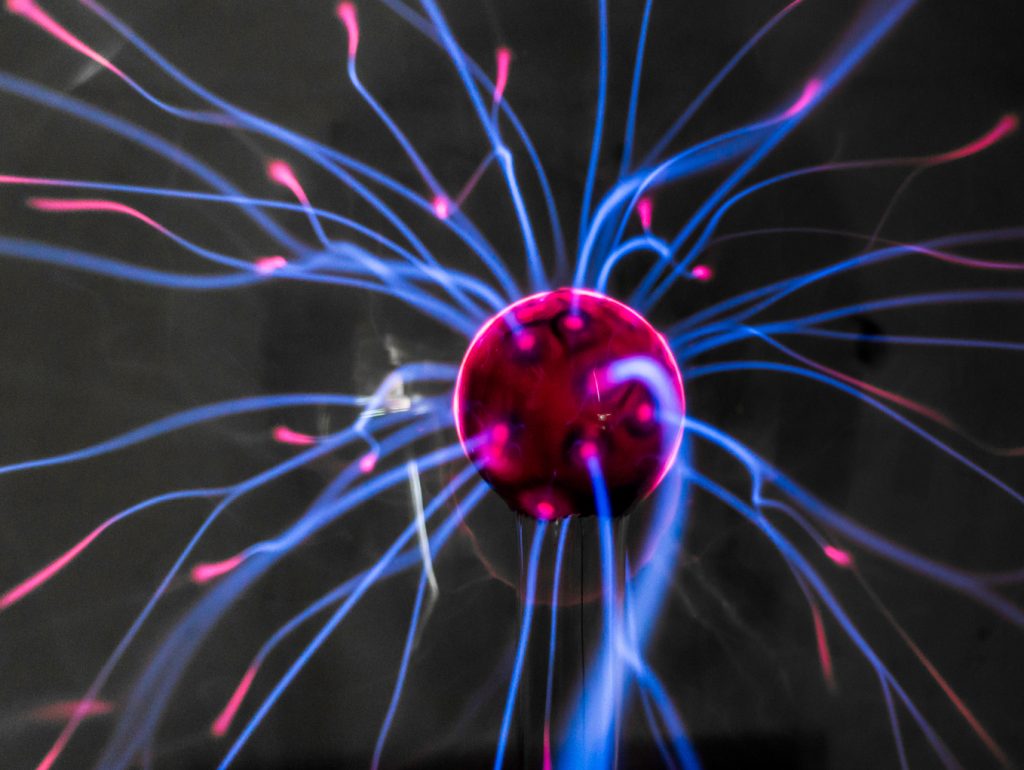
Due: August 12, 2025
Plasma science is a transdisciplinary field of research where fundamental studies in many disciplines, including plasma physics, plasma chemistry, materials science, and space science, come together to advance knowledge for discovery and technological innovation. The primary goal of the ECosystem forLeadingInnovation inPlasmaScience andEngineering (ECLIPSE) program is to identify and capitalize on opportunities for bringing fundamental plasma science investigations to bear on problems of societal and technological need within the scope of science and engineering supported by the participating NSF programs. Examples of topical areas within the scope of the ECLIPSE program include but are not limited to:
Plasma surface interactions, with applications to, e.g., advanced manufacturing, materials processing, and catalysis.
Atmospheric pressure plasmas and microplasmas with applications to, e.g., microelectronics, plasma agriculture, environmental remediation, and other clean and decarbonized energy goals enabled by electrification of the chemical industry.
Dusty plasmas with applications to, e.g., development of nanomaterials, aerosols, and functionalized surface coatings.
Novel sensor development for highly non-equilibrium plasmas with applications to, e.g., cubesat-based geospace measurements and industrial plasma diagnostics.
Novel computational modeling for multi-component and/or multi-phase plasma systems with applications to, e.g., space weather prediction and plasma reactor design.
Novel studies of plasmons in nano-photonics and nano-optics with applications to, e.g., sub-THz wireless communication and photocatalytic chemical processes.
New chemical measurement science for characterizing processes occurring in plasmas and using plasmas as part of measurement systems with applications to, e.g., analysis of environmental contaminants or identification of forensic evidence.
Study of fundamental chemical reactions and mechanisms in plasmas with applications to, e.g., novel chemical synthesis.
